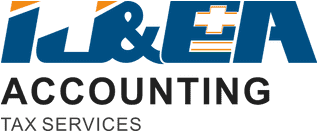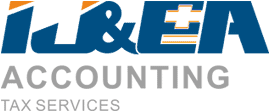Personal Service Income (PSI) refers to income generated from a personal effort, skills or exertion of a particular individual even if the activities are carried through a business structure. PSI rules are applicable in both income and tax deductions; however, not many people are well-versed in them – some are unaware of them entirely!
Any effort an individual puts in by their efforts comes under the umbrella term, ‘personal service income.’ However, this term isn’t used in association with services rendered using equipment or goods that act beyond an individual’s exertion (the rule of thumb is 50%).
The term might be tricky, but we’re here to simplify it! To know more about PSI and various taxation regulations, contact us at IJNEA today.
Understanding PSI Applications
Australian taxation laws focus on substance versus form. Taxation laws seek to treat any contracting arrangement based on the nature of the agreement and not how it’s perceived.
Financing consultants, information technology consultants, engineers, construction workers, and medical professionals are likely to be caught under PSI rules.. In other words, if more than 50% of the work that you perform is by your effort or skills , you need to determine whether PSI rules are applicable in your case.
There are series of tests to work through to identify whether you pass the test(s) and become Personal Service Business (PSB). Once PSB status is established, PSI rules do not apply. The tests are summarised below:
- Results test
- 80% Rule and either of
Unrelated clients test
Employment test
Business premises test
- ATO PSB determination
Even if the above tests are passed and you are a PSB, the income may still be subject to PART IVA of ITAA 1936, the anti-avoidance rules. The rules apploy if the main purpose of the arrangement is to obtain a tax benefit by splitting the income from an individual’s exertion.
How Are My Earnings or Deductions Impacted?
PSI rules created for workers improve the integrity and equity in the Australian taxation system. The rules treat contracting income through personal exertion, especially via a business structure, as employed individuals.
The net PSI income is taxed at the individual’s hand and based on the individual’s marginal tax rates. If the income is generated via a business structure, the net PSI income is removed from the business structure and then included in your personal tax return. This is to avoid people getting tax advantages by setting up a business structure while gaining “employee nature” income. For example, income tax be capped at corporate tax rate rather than individual’s top marginal tax rate.
In addition, tax-payers need to consider the appropriate deductions for PSI as not all expenses are allowed. The common examples are wages and superannuation payments for non-principal works carried by an associate person.
If the PSI rules don’t apply, your business is a Personal Services Business (PSB). Broader deductions are available, for example, wages and superannuation paid to associate person for administration works.
In conclusion, careful consideration of the PSI provisions is important to ensure accuracy of your tax filing and avoid any potential penalties. It sometimes can be complicated especially when income splitting happens with a PSB.
For PSI related queries, outsource your accounting and contact IJNEA today!












